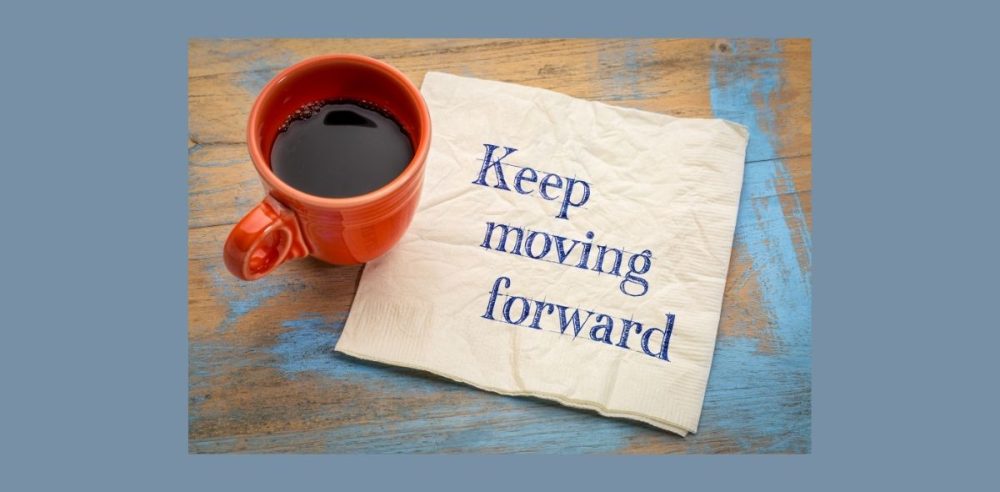The phrase “put your best foot forward” suggests confidence and direction, but what happens when you’re unsure which way is forward?
Adaptability has emerged as an essential attribute in terrain that often feels more fluid than solid. Every day, we encounter new challenges, whether in our personal lives, workplaces, or society.
The ground beneath us seems to rearrange continuously. In this context, flexibility is not just an advantage but a necessity.
The challenge lies in the absence of solid ground.
“But everyone who hears these words of mine and does not put them into practice is like a foolish man who built his house on sand” Matthew 7:26.
Staying grounded can become subjective in an upside-down world. We can lose our sense of balance, confidence, and purpose.
Traditional avenues and codes of honor can no longer be relied upon in a world given to itself; we must learn the art of being resilient without becoming jaded.
This involves a contest of the mind and will, recognizing that being world-weary is not a valid excuse for acting defeated.
I have faced this struggle many times and know I still have much to improve upon. I prod myself to shift my focus from my thoughts to scripture. Often, I have to change my outlook and remind myself to trust in what I know about God rather than relying on my current experiences. It isn’t easy. I remind myself daily that God knows exactly where I am, and His plan is better than mine, even if it feels like nothing is clear some days.
Developing the capacity to recover from difficulties and adapt only comes through facing challenges. Resilience is not learned without struggle, and often, the struggle far exceeds its welcome.
Being adaptable requires a growth mindset that sees beyond the cold reality of the circumstance and into what can be learned, what can be useful, and what needs to be discarded.
Often, our thoughts defeat us more than other people.
Our mental loops trap us in cycles of doubt, anxiety, and despair; we feel like a broken record in a world that has moved beyond phonographs.
Eventually, we can feel left behind, stuck in the unfairness of how “we should be treated” or how it “ought to be” instead of how it is.
As yourself, what can I do to invest in the belief that this is not where I will remain?
Empower yourself to take risks, experiment, and ultimately create a path, even if it has yet to reveal itself: begin to clear the way, one thought and one action at a time. Keep doing this for as long as it takes until you notice a change.
The change might be in your circumstance, or the change might be in your attitude… or both.
Along the way, build connections, whether through family, friends, or professionally, to share with, encourage, and learn from.
As we navigate through uncertainty to redefine what “forward” means, we should acknowledge that moving forward can come from unexpected directions.
Accept rejection and frustration as part of the journey, but also acknowledge the blessings along the road. Don’t overlook opportunities meant for you because you’re too focused on everything not going as planned.
In this temporary and temperamental world, trust in the eternal foundation that will never falter: “For no one can lay any foundation other than the one already laid, which is Jesus Christ” 1 Corinthians 3:11.
This column was initially published by CherryRoad Media. ©Tiffany Kaye Chartier.


